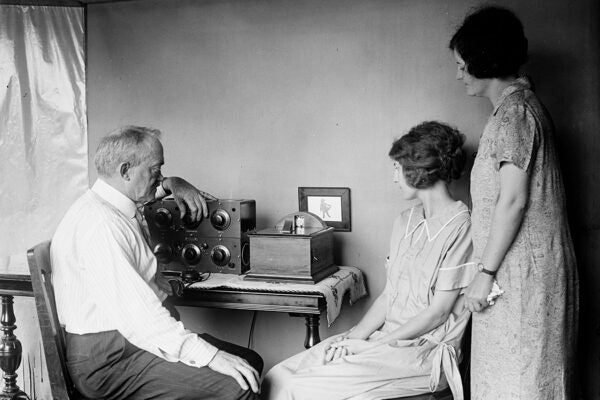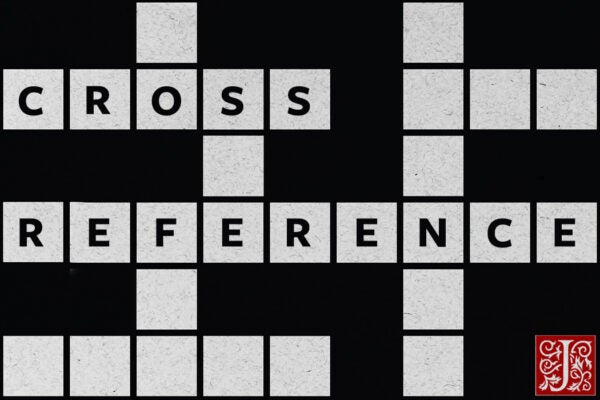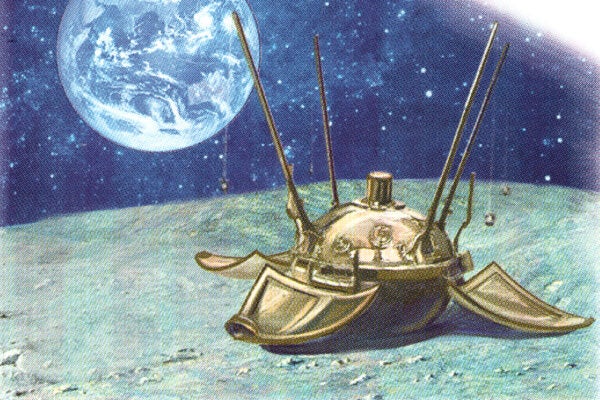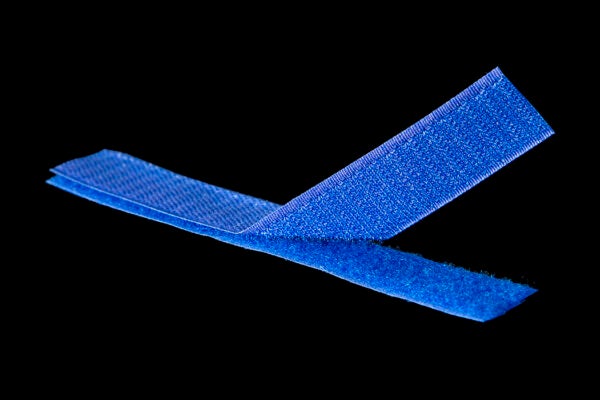Phantoscopes, Radiovision, and the Dawn of TV
After creating a projector called the Phantoscope in 1895, C. Francis Jenkins successfully tackled the problem of transmitting motion pictures through radio.
The First Lunar Lander and the Great Moon Dust Debate
In 1966, the Soviet Union’s Luna 9 became the first spacecraft to soft-land on the Moon, helping to resolve questions about the nature of the lunar surface.
Wolfsbane: A Poisonous Beauty
With a complex history related to hunting, magic, and madness, wolfsbane offers a glimpse into vernacular plant names and their associations with animals.
Staying Cool: Helpful Hints From History
Take a look back at how others have survived—and thought about—the high heat of summer.
Versatile Velcro™
Velcro is used in many spaces, from spacecraft to shoes. A relatively recent invention, it was inspired by the close observation of nature.
New York City, Underwater
Climate change is transforming the Big Apple. How long will it be until America’s largest city is all but wiped off the map?
How Scientists Tried to Find a Universal Flu Vaccine
The quest to “conquer” influenza with a shot that could be used every year started out with high hopes, and ended up a hot mess.
Natural and Man-Made Disasters, from Atom Weather to Fire Ants
Mother Nature’s wrath can be unpredictable and random, but history shows that humankind is ultimately responsible for many "natural disasters."
When Dieting Was Only For Men
Today, we tend to assume dieting is for women, but in the 1860s, it was a masculine pursuit.









